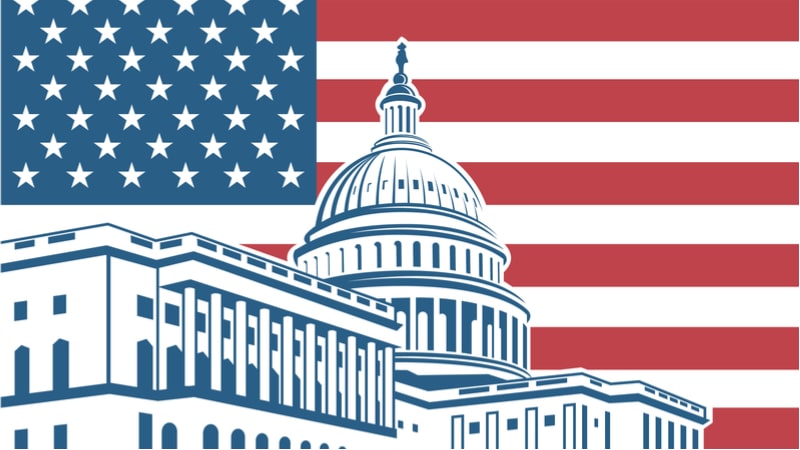
The House Armed Services Committee spent Wednesday compiling its version of the annual National Defense Authorization Act (NDAA), a process that could continue into the late evening or tomorrow if necessary, said the committee’s chairman.
“It is my goal to get done today,” said Rep. Adam Smith, D-Wash., the committee’s chairman, at the beginning of the markup, which began at 10 a.m. The chairman said the goal was “to make this a one-shot markup,” and to “get done without going too far into Thursday.”
Unlike the Senate Armed Services Committee, which marked up its version of the NDAA in a closed session last month, the House proceeding was public. Subcommittee leadership brought their previously marked provisions to the full committee Wednesday.
The committee’s Ranking Member Rep. Mac Thornberry, R-Texas, praised the work of the Intelligence and Emerging Threats subcommittee, which previously helped create the outside National Security Commission on Artificial Intelligence and Cyberspace Solarium Commission, noting that the bill includes recommendations from both commissions.
“There is such important work here that we won’t spend much time debating, but it is literally the future of the nation,” said Rep. Thornberry, who is retiring from Congress at the end of the session after over two decades of service.
Rep. Jim Langevin, D-R.I., chairman of the Intelligence and Emerging Threats subcommittee, returned the praise to the full committee’s leadership when bringing the subcommittee’s mark to the full committee.
“I’m incredibly proud of the leadership in taking the first steps to achieve the Solarium’s vision,” said Rep. Langevin, who served as a commissioner for the Cyberspace Solarium Commission, the congressionally mandated group charged with creating a national strategy for defending the nation against cyber threats.
Rep. Langevin introduced legislation last week to create a National Cyber Director – a key Solarium recommendation – separate from his committee’s mark.
While the House Armed Services Committee continued debate late in the afternoon, senators offered amendments to their chamber’s bill on the Senate floor. The final bills passed by the two chambers will then enter a reconciliation process. Last year’s NDAA was not signed into law until December 20.
